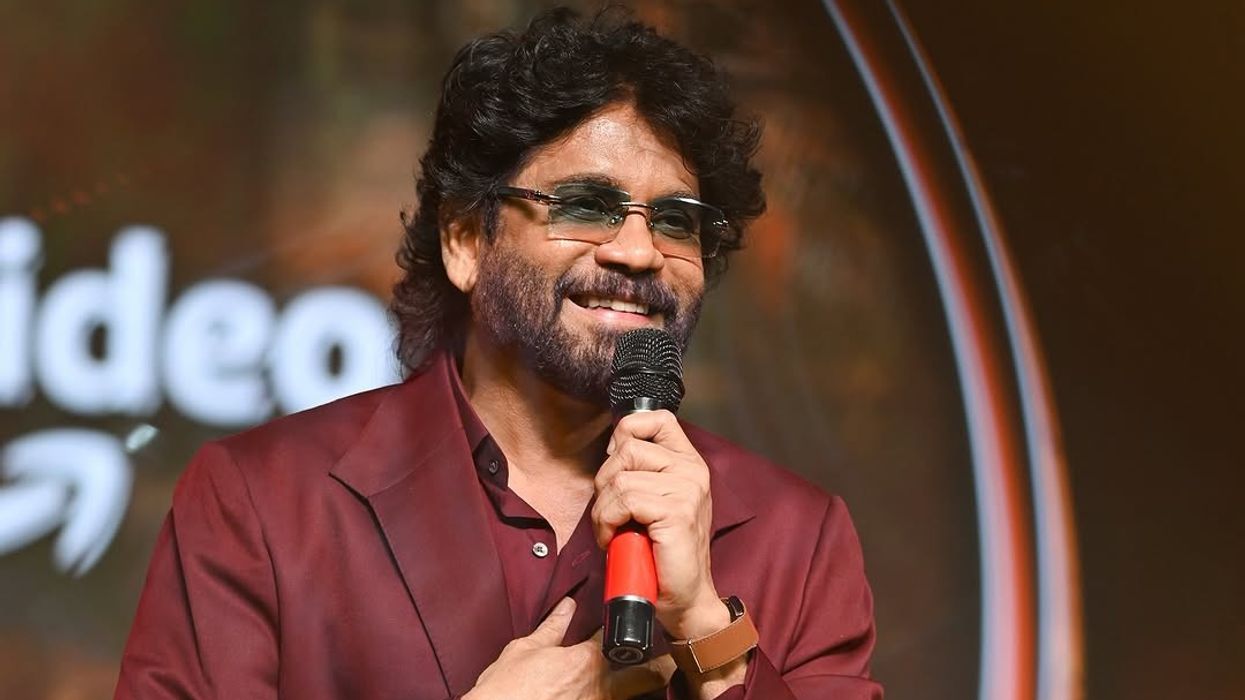Veteran actor Nagarjuna Akkineni is shedding his star persona to play a middle-class man with emotional complexity in Kubera. But that didn’t come easy. In a candid moment from the set, director Sekhar Kammula told him bluntly: “I don’t want to see confidence in your eyes.” That line stuck with him. “It reminded me I had to strip back everything I’ve built up over the years and just be the character,” Nagarjuna recalls.
- YouTube www.youtube.com
A grounded role with emotional weight
In Kubera, releasing 20 June, Nagarjuna plays Deepak, a character wedged between a beggar played by Dhanush and a billionaire played by Jim Sarbh. The film is set across three social classes, something the actor believes will strike an emotional chord. “We’re not playing to the gallery. We’re becoming the people in the story,” he says.
This is Nagarjuna’s first outing with director Sekhar Kammula, known for his socially rooted storytelling. Despite being long-time admirers of each other’s work, they had never collaborated, partly because Sekhar didn’t see big stars fitting into his universe. But Nagarjuna believed otherwise. “Stars can bring people to the theatre. The story will keep them there,” he says.
He praised Sekhar’s craft, particularly how his songs arrive unexpectedly but feel completely natural. “His stories uplift, challenge, and entertain. Love Story did it with caste and gender. Kubera does it with class.” The actor also shares how Jim Sarbh stunned the crew by delivering pitch-perfect Telugu lines despite not knowing the language. “He was the most hardworking among us,” Nagarjuna says.
Playing the bad guy with no regrets
While Kubera sees him as a restrained, empathetic man, Coolie flips that completely. Directed by Lokesh Kanagaraj, the film casts him opposite Rajinikanth as a suave, remorseless antagonist. “He’s a double alpha, no redemption, no soft edges,” Nagarjuna says. “He believes he owns the world. It was liberating to play someone so unapologetically bad.”
As he approaches his 100th film, Nagarjuna reflects on staying relevant across four decades. The key, he says, is to evolve with the audience, especially younger viewers. “You can’t preach. You have to adapt or step aside.” And despite the rise of OTT and shrinking theatre windows, he remains confident: “A good film still belongs in a cinema. The experience is unmatched.”













